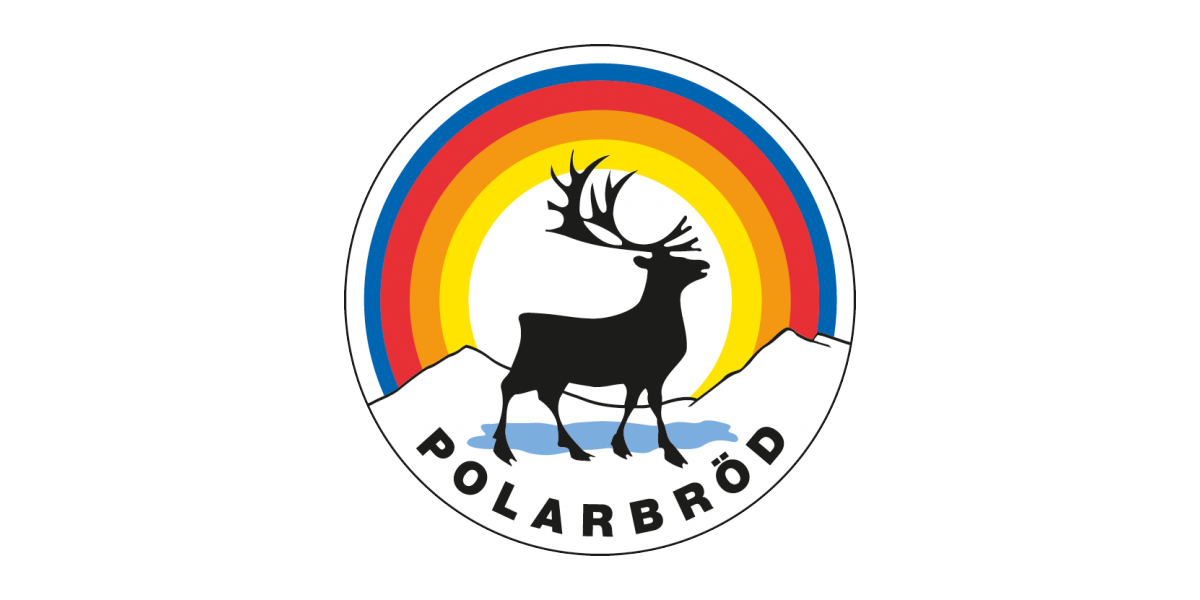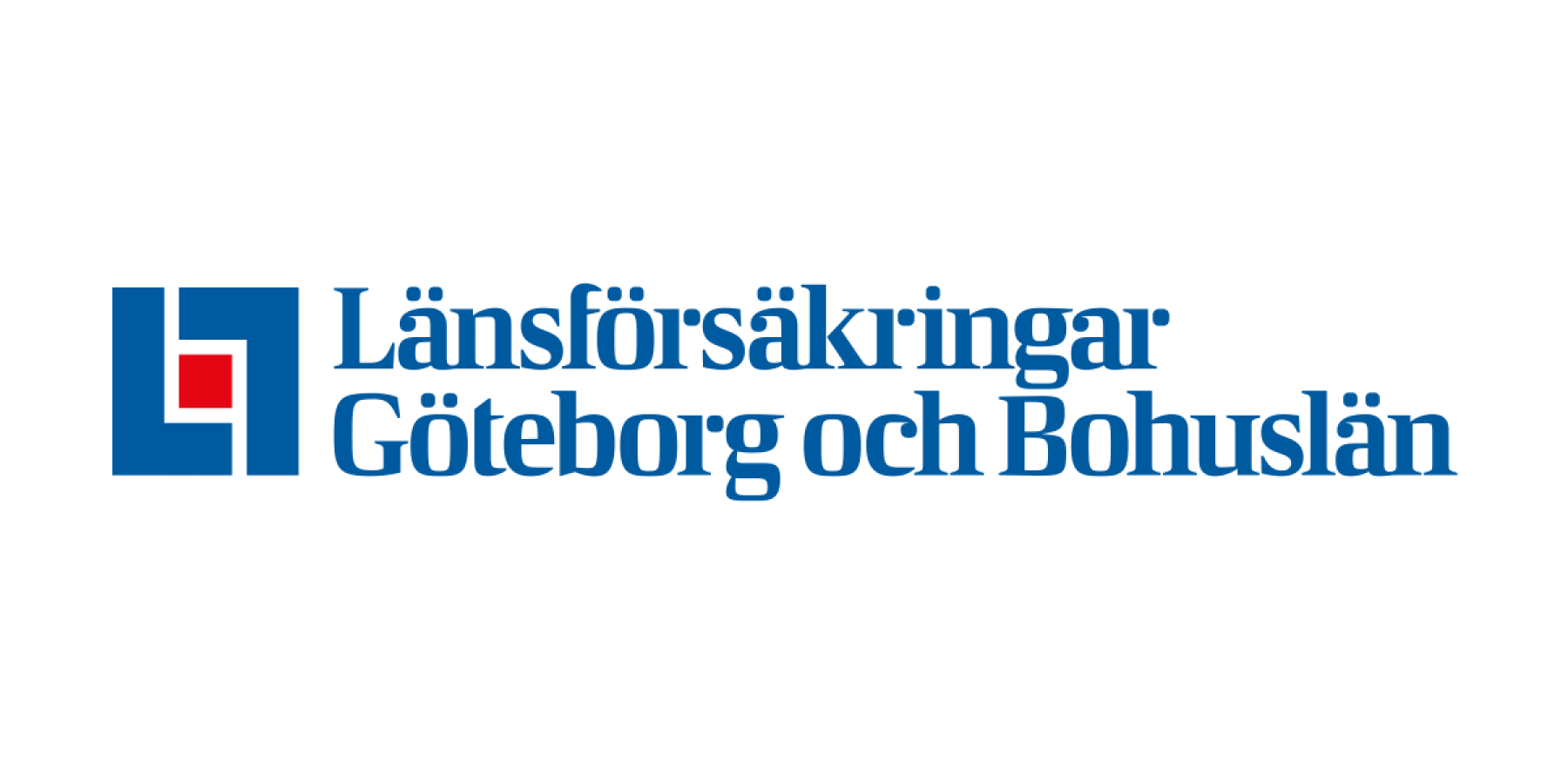The jockey who changed career and founded one of Gothia Cup’s most successful clubs
For more than 35 years, José Guimarães and his Pequeninos do Jockey have travelled all the way from São Paulo to participate in Gothia Cup. By doing that, memories for life has been created for thousands of youths.

It’s a sunny and quiet afternoon at the Katrinelund high school in central Gothenburg. One of Pequeninos do Jockey’s teams has just lost a tough and close game against Brommapojkarna. Despite the loss the players keep their spirits up.
José Guimarães is the founder and the great leader of Pequeninos do Jockey. In 1970 the club was officially formed but they started playing games the year before.
In his younger years José worked as a stablesman at the São Paulo Jockey Club and after five years he had the chance to realise his dream of making a living at the racetrack. But José suffered a fall from taming a horse and it ended up with him leaving the tracks.
“My wife wouldn’t let me do it anymore”, José says laughing.
After the accident José started to work in the office at the Jockey Club. While he was working in the office, his daughters started to gather on the lawn in the middle of the racetrack and kicked football with each other. A new dream successively started to form inside his head – he was going to start a football club that could train right there, among the horses.
“First there were five children, the next time they were ten and we just became more and more”, says José.
Now, almost 50 years later, he estimates that 200,000 young people have played in the club, Pequeninos do Jockey. They’re still an amateur club, but one of the best in Brazil, José even dares to claim.
Among the most well known players who have started their careers in Pequeninos do Jockey are the former international and Bayern Munich player Zé Roberto and former Real Madrid and Arsenal player Julio Baptista. He says he could have had even more players like that. But working as an amateur club becomes more difficult for each year.
“As soon as players show skills and capacity, the big clubs come and take them. It will be very difficult to have a team for us amateurs”, he says and continues:
“Zé Roberto for example, he left us for São Paulo FC. Then they told him they had too many with his playing style. He had to go to Portuguesa where he really prospered. That’s a problem, many Brazilian players do not get the chance to show what they can do.”
Something that is also important for José is that all of his players perform well in school. The club regularly monitor the players grades and ensure that everyone takes care of their schooling. If not, it affects their football.
“Unless the players deliver good results in school, they’re not allowed to play football, it’s as simple as that. It’s unusual in Brazil but it works well for us. Many of our players end up having good jobs since they’ve been studying properly. They’re good in school and good in football. The pen is lighter than the shovel”, he says, and bursts out laughing again.
José and his Pequeninos de Jockey have a rich and long history of Gothia Cup. They participated for the first time as early as 1982 and the first time ended up with success – they won the entire tournament. José describes the award ceremony as one of his strongest memories of the Gothia Cup during the years.
“I saw the former world champion Hilderaldo Bellini. In Brazil, it’s not common to see such celebrities on the streets. I really hoped that he would be the one who would award us with the trophy and that was just what happened”, he says.
Since joining Gothia Cup for the first time, they have been coming to Gothenburg every year for over 35 years in total – over 1,700 young people have been given the chance to go to Europe to play football. Besides their win in 1982 they’ve been victorious eight more times which makes them the sixth most successful club in Gothia Cup’s history.
He describes how Gothenburg is the perfect city for a youth tournament with well maintained football pitches in the city center, together with everything it can offer at close distance, aside from the football. Furthermore, José describes how important it is for young people to see the world and meet people from other places and cultures.
José is 85 years old now but the annual trip to Gothia Cup with his youth teams is something he refuses to miss. And still, after all these years and despite his age, he still sleeps in the class room, together with the whole team. His love for the game is immense but his strive to form good citizens is, if possible, even bigger.
His good friend Luis Carlos Baranowsky shares how much time José spends with the youngsters where they sit down together and talk about right and wrong.
“Every day he holds meetings with the squad, they gather and talk about life problems. What is good and bad. I think it’s very important. The things he talk about with the players is something I’ve never seen anywhere else. To have that patience every day is absolutely incredible”, says Luis Carlos.
José is satisfied that the time he spends with the youths seems to give results.
“None of the more than 1,700 players that have participated in Gothia Cup with Pequeninos do Jockey has ended up as a criminal”, says José.















